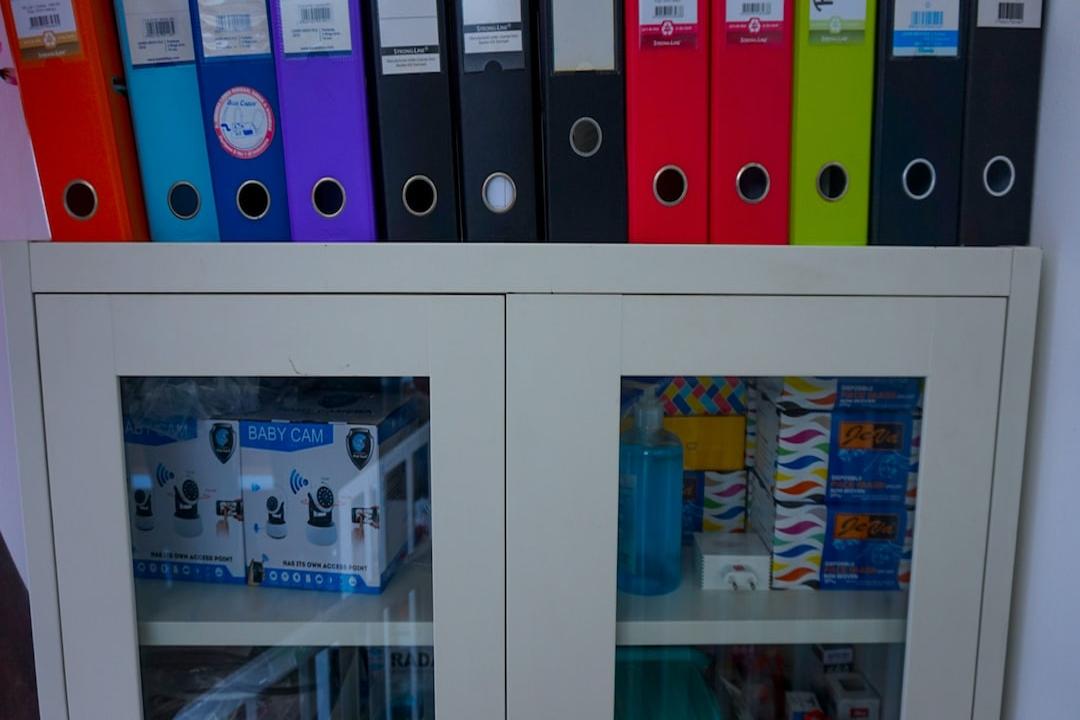Unveiling the Worldcoin Token: Malaysian Regulator’s Nod of Approval

Sujha Sundararajan
Last updated:
May 15, 2024 05:27 EDT
|
1 min read

In a significant development, the Securities Commission Malaysia (SC), the country’s financial regulator, has approved the trading of the Worldcoin (WLD) token on digital asset exchanges recognized by the SC. This move was announced by Cuscapi, a Malaysia-based digital business solutions provider, stating that its associate company, MX Global, received the approval on May 9 to facilitate the trading of the WLD token.
The WLD token joins the list of 14 permitted digital assets that can be traded in Malaysia, alongside established cryptocurrencies such as Bitcoin (BTC), Ethereum (ETH), Litecoin (LTC), Ripple (XRP), Polygon (MATIC), and Solana (SOL).
This approval comes a month after Worldcoin executives, including Alex Blania, the lead developer and co-founder of Tools of Humanity, met with top Malaysian officials to discuss the token’s strategic expansion. Prior to the in-person meeting, Blania and OpenAI CEO Sam Altman had a virtual discussion with the Malaysian government, exploring various aspects of the rapid technological advancements.
According to a post by the Malaysian President Anwar Ibrahim, Altman and Blania elaborated on the Worldcoin project’s focus on creating a global and inclusive financial network, with a strong emphasis on ensuring user confidentiality.
However, the Worldcoin initiative has faced some regulatory uncertainty and privacy concerns in other parts of the world. In March, Portugal’s data oversight authority, CNPD, issued a directive instructing Worldcoin to pause its biometric data collection for 90 days, citing significant risks to citizens’ data protection rights.
Interestingly, Ethereum co-founder Vitalik Buterin has a different perspective on the Worldcoin project. He acknowledged Worldcoin’s efforts to secure user data privacy, praising the implementation of cryptographic measures to ensure data confidentiality.
As the Worldcoin project continues to expand globally, the Malaysian regulator’s approval represents a significant milestone, paving the way for further integration and adoption of the token within the country’s digital asset ecosystem.

